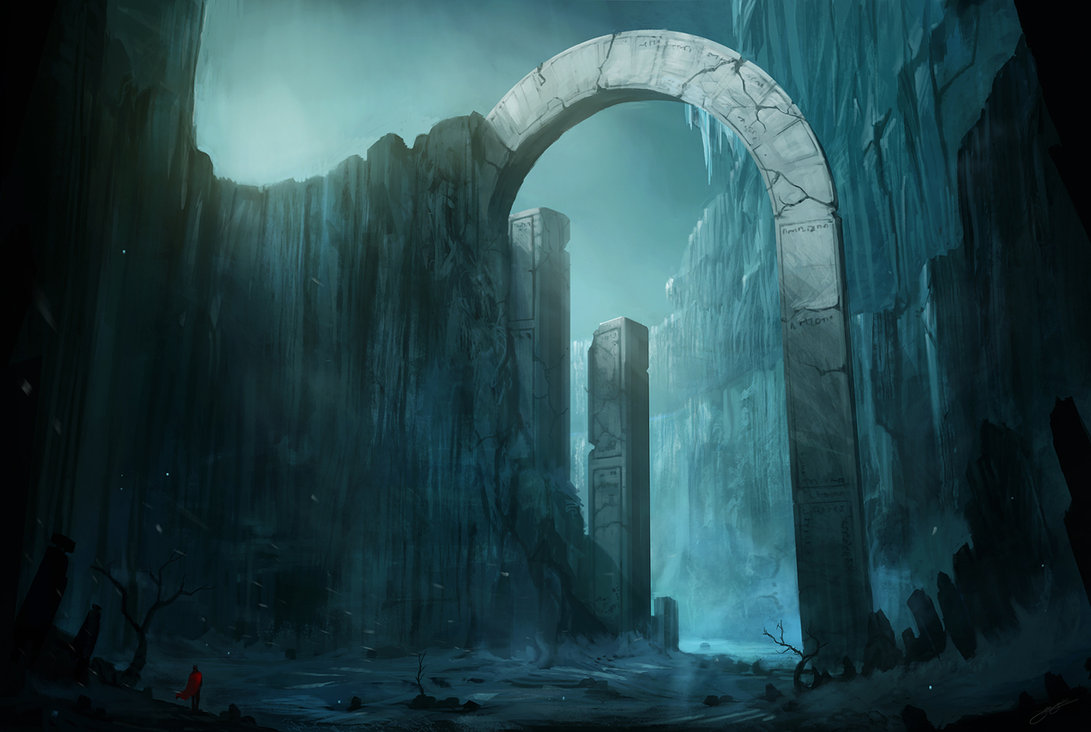Bertrand Roux
The Mediocre Prince
The Meritocratic Monarchy
Places of learning
Bertrand established universal education for all, giving scholars an important role in shaping the nation with their knowledge. He established these places of learning and made sure to structure them in such a way that those with strengths in certain areas are always given the means of excelling in those areas, while driving those who have few strengths to try new things until they find something that suits them.
Both peasants and nobles found themselves welcome, and often sat side-by-side as equals. Many noble families took exception to this, others were humbled by it. It was common for a peasant to possess skills and excel in areas that a noble failed in. This was done intentionally to ensure that Bertrand's system would not fail simply due to how the different classes view one another.
The Citizens of Merit
The Minor Nobility
...But let not mediocrity guide our path. To be average is to be stagnate. To be average is a denial of reality. Progress is a road forged by those who are far more then their peers. To move forward, we must find these giants, and place in their hands the tools needed to build this road. Stand on their shoulders with me, and let us try something new.
I didn't grow up in a time of war or rebellion. I fear it makes for quite the mediocre prince...
The Mediocre Prince
He was often referred to as The Mediocre Prince, a term of his own creation to describe his early years. Bertrand was widely regarded as a charismatic individual. He worked well under pressure, he was adaptable, and capable of seeing the brighter side of any situation.
A Line of Sickly Kings
He suffered a rapid deterioration of the body.
The curse left him unable to walk, use his hands, and at the age of twenty-eight, his heart and mind began to suffer. The queen filled his shoes as best as she could. He couldn't engage in any physically strenuous activities, often ruling the nation and watching his children grow from his bed.
The final two years of his life were spent in isolation. He believed the people would take exception to a sickly king. He died hearing the news of Expedition Artio's success on the 101st of dusk, 1670.
Remove these ads. Join the Worldbuilders Guild





Oh... fucking hells... What an emotive, effective opening. You convey the horror of a man loosing himself so well there. It creates an immediate attachment and an understanding of some of his struggles on an emotional level. Despite being a man in a line cursed, he really made a positive, admirable change. I think it says a lot about him that the title, which at first sounds very derogatory, was of his own making. I really enjoyed that.
Well thanks so much! I appreciate the kind words more than I can say. I'm glad you enjoyed it. Your kicking ass man. Good luck, and keep being awesome.